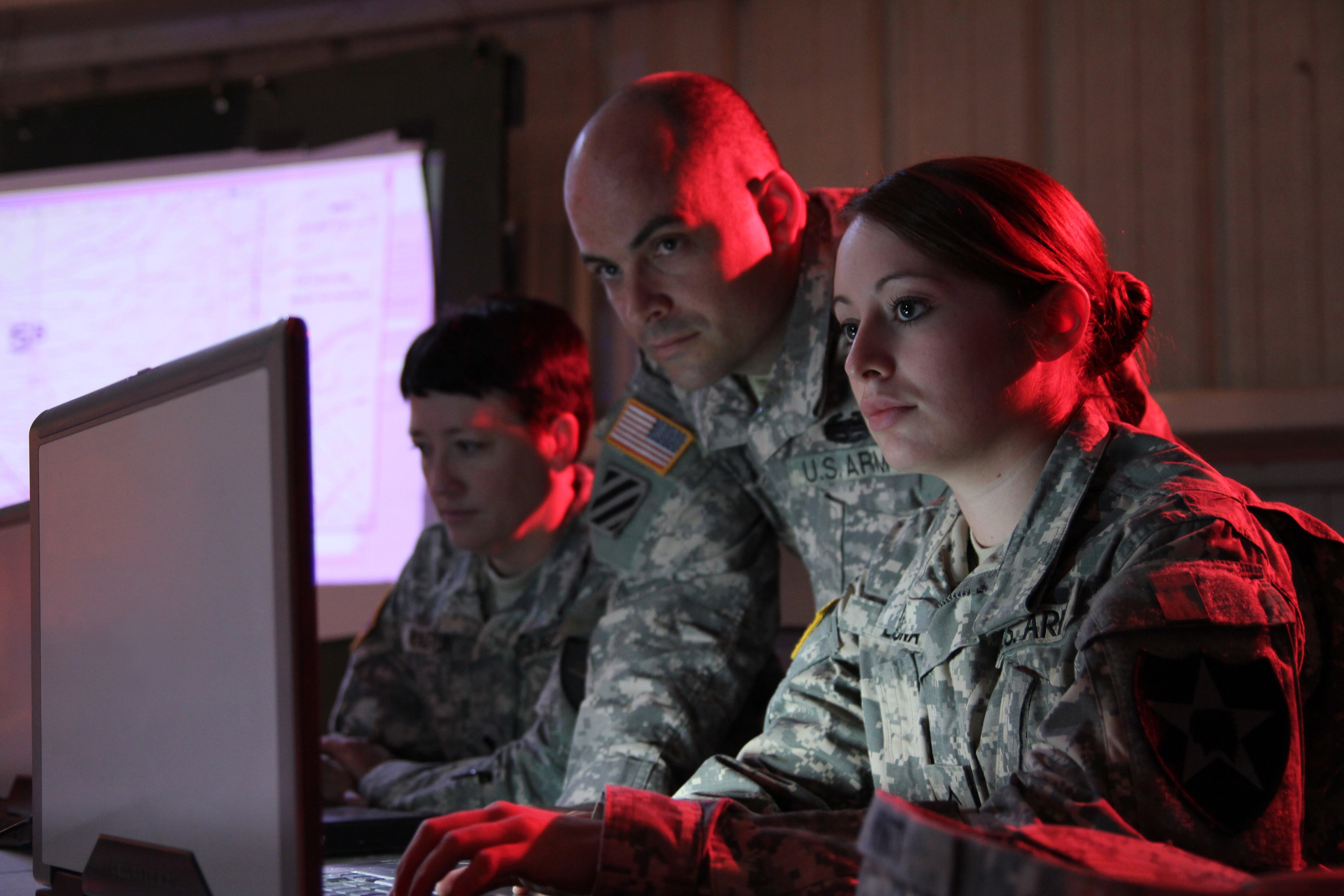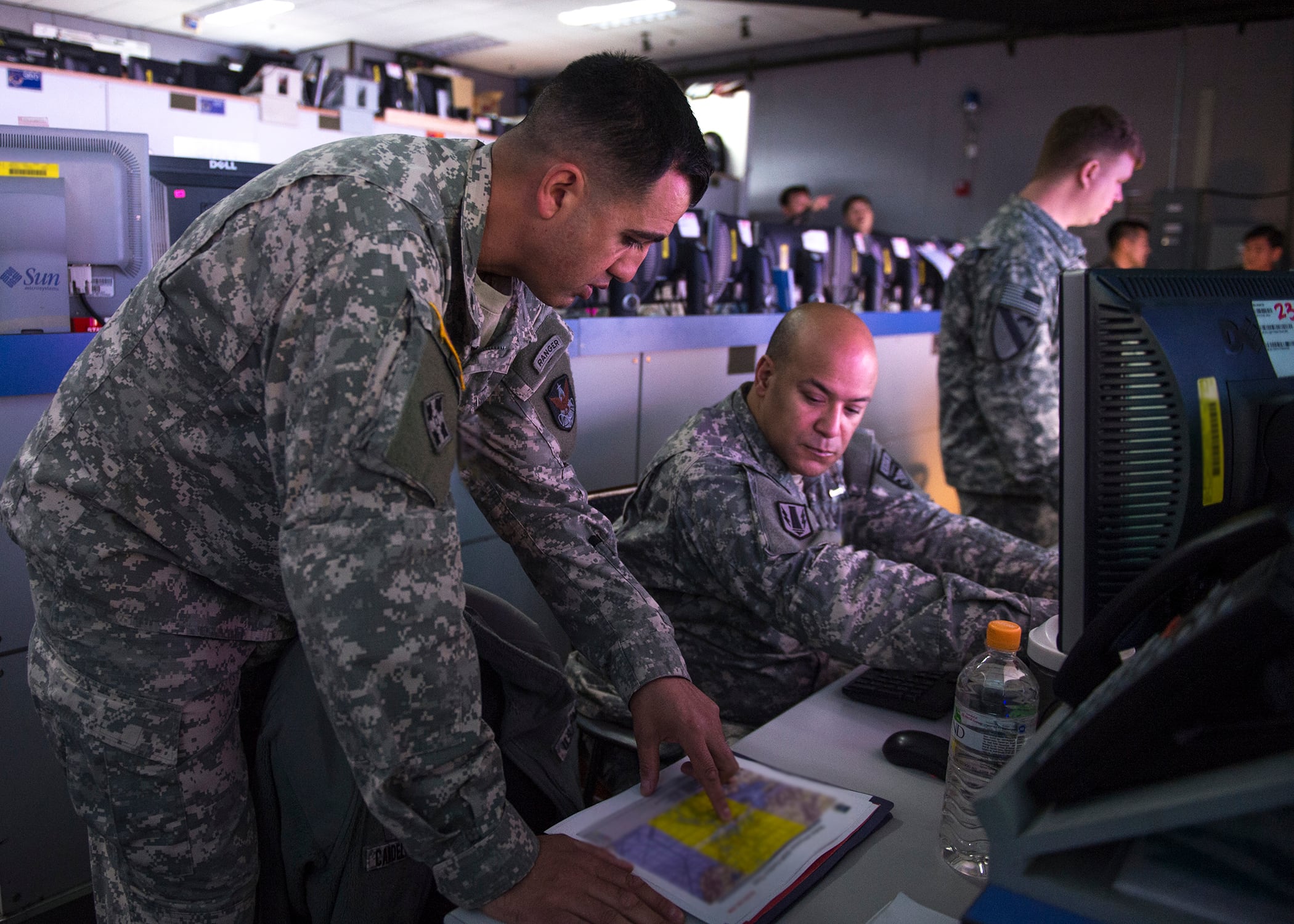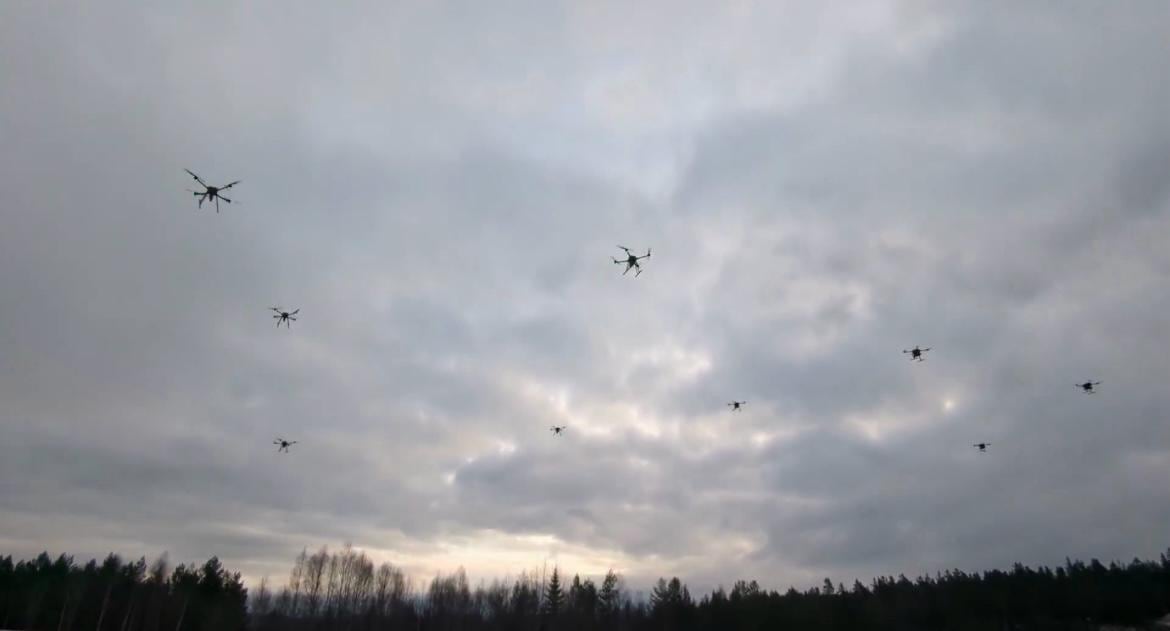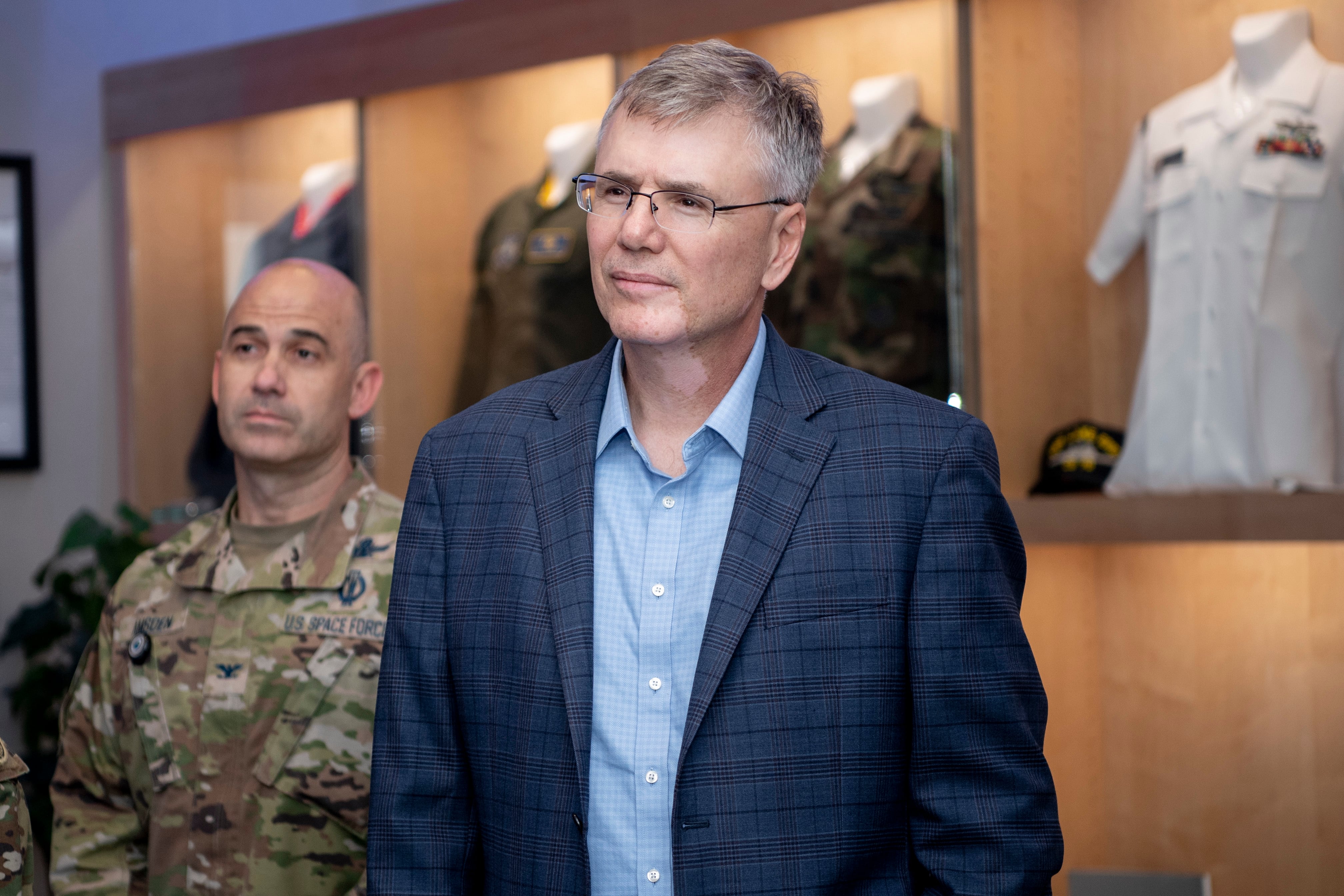The Air Force issued a formal proposal earlier this month for the Department of Defense’s long-awaited cyber weapon system, known as the Unified Platform, sources tell Fifth Domain.
DoD officials have said the Unified Platform is one of U.S. Cyber Command’s largest and most critical acquisition programs to date. Industry officials have said it is necessary to conduct cyber operations and is critical to national security.
Just as sailors rely on an aircraft carrier, pilots need airplanes or soldiers need tanks, cyber warriors require a system to which they launch their attacks. Pentagon leaders have said the Unified Platform will house offensive and defensive tools, allow for command and control, situational awareness and planning. Industry officials have referred to the programs as a “cyber carrier” used to launch cyber operations and intelligence, surveillance, and reconnaissance.
But details on what the Air Force, which issued the request on behalf of Cyber Command, wants in a Unified Platform are scarce.
Sources told Fifth Domain a formal request for proposal was released through the General Services Administration’s premier enterprise Alliant Governmentwide Acquisition Contract vehicle, which “provides flexible access to customized IT solutions from a large, diverse pool of industry partners … [and] allows for long-term planning of large-scale program requirements.”
Under this model, GSA completes much of the initial contracting legwork and, in this case, allows the Air Force to focus on the specific technical requirements, sources said. Companies compete to be eligible for task orders under the Alliant contract and then GSA selects contractors who compete against each other for individual task orders on the final program. This means, only vetted companies would work on the program.
Alliant is also designed to streamline contracts for IT projects only, eschewing some of the documentation and financials in typical contracts enabling faster awards.
The Unified Platform proposal was only released to companies on the contract about two weeks ago, sources said, and is due in mid-July.
Today, each of the individual services use their own disparate systems, many of which are not linked together. The spokesman added that efforts are underway to review and consolidate existing service and Cyber Command’s platforms.
Unified Platform seeks to take the best of breed of these and provide all cyber warriors a consolidated system.
“In concert with US Cyber Command and all Services, the Air Force as Executive Agent is directing development and deployment to ensure timely and relevant full-spectrum capabilities for our cyber warriors,” an Air Force spokeswoman said.
An Air Force spokeswoman said that the Air Force’s Life Cycle Management Center will serve as the system integrator and will lead a multi-contractor, agile development/operations effort to launch and expand the Unified Platform.
Currently, Lockheed Martin, Northrop Grumman, Raytheon and Booz Allen Hamilton are known to be competing for the contract. Sources said other companies may also be considering a bid.
The Air Force, in its research and development budget for fiscal 2019, asked for $29.8 million for the Unified Platform program this year. It requested $10 million for fiscal year 2020 and $6 million in fiscal 2021. The total cost of the program is not immediately clear.
RELATED

Other companies are also working on Unified Platform prototypes in the interim.
Enlighten IT Consulting, a Maryland based company, was awarded earlier this year a sole source contract to provide a Unified Platform prototype, Duane Shugars, Enlighten’s vice president of operations, told Fifth Domain.
Enlighten is providing a capability Cyber Command’s cyber mission force is using in real world missions today in which they collect data, push it into their analytics to run and share it for intelligence fusion.
As the command continues to grow and mature leaders have said it will need its own infrastructure to conduct operations. As recently as 2015, top Pentagon officials acknowledged Cyber Command did not possess a robust joint computer network infrastructure capability, a robust command and control platform and systems to plan and execute fast-moving, large-scale cyber operations.
RELATED

During his confirmation process to lead Cyber Command, Gen. Paul Nakasone said the organization needs its own infrastructure separate from the National Security Agency, which is currently co-located with Cyber Command and has traditionally shared personnel and infrastructure.
“Operating under the constraint of the intelligence authorities that govern NSA infrastructure and tools would severely limit USCYBERCOM’s ability to effectively support wartime cyber operations,” he said.
Mark Pomerleau is a reporter for C4ISRNET, covering information warfare and cyberspace.








